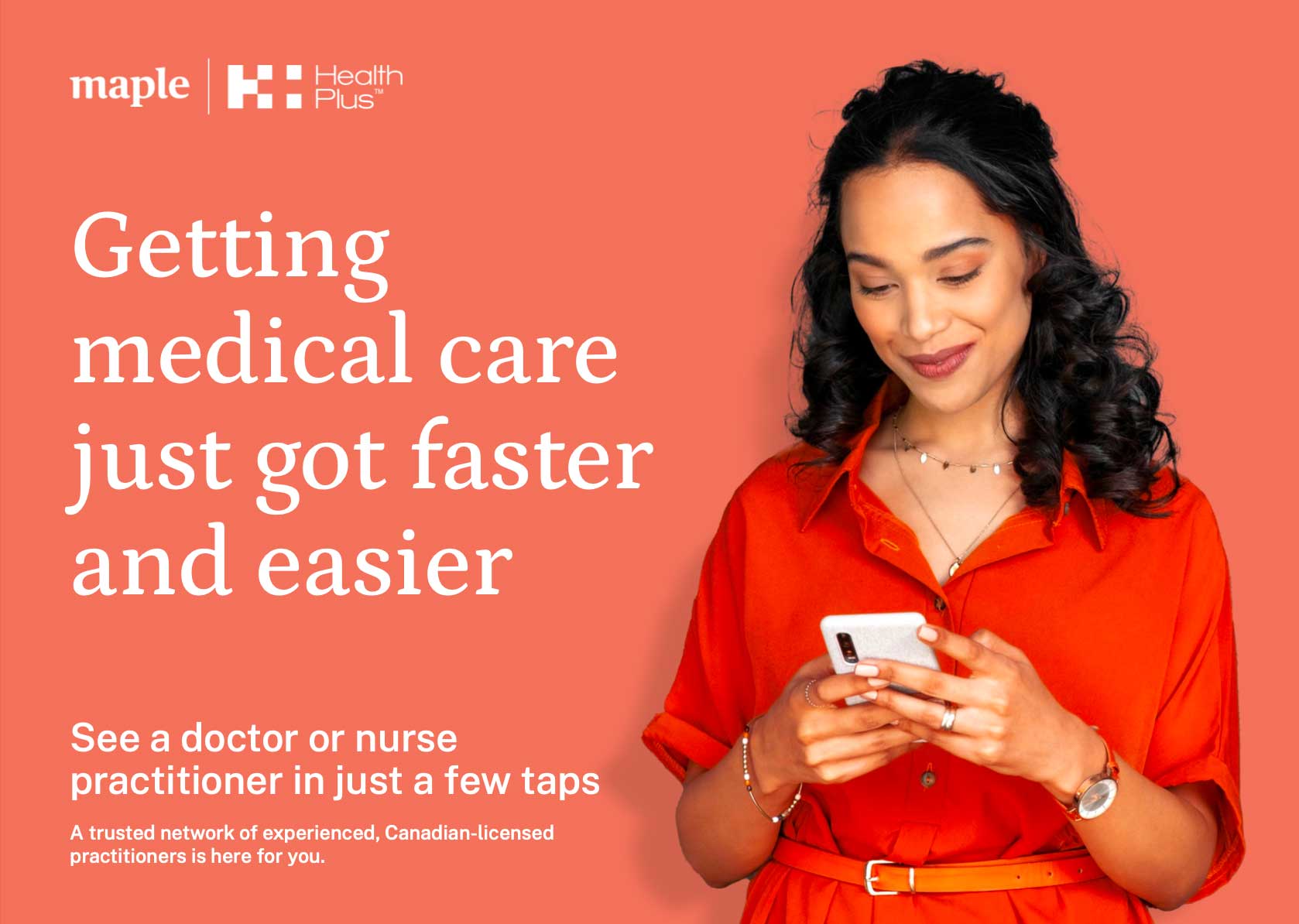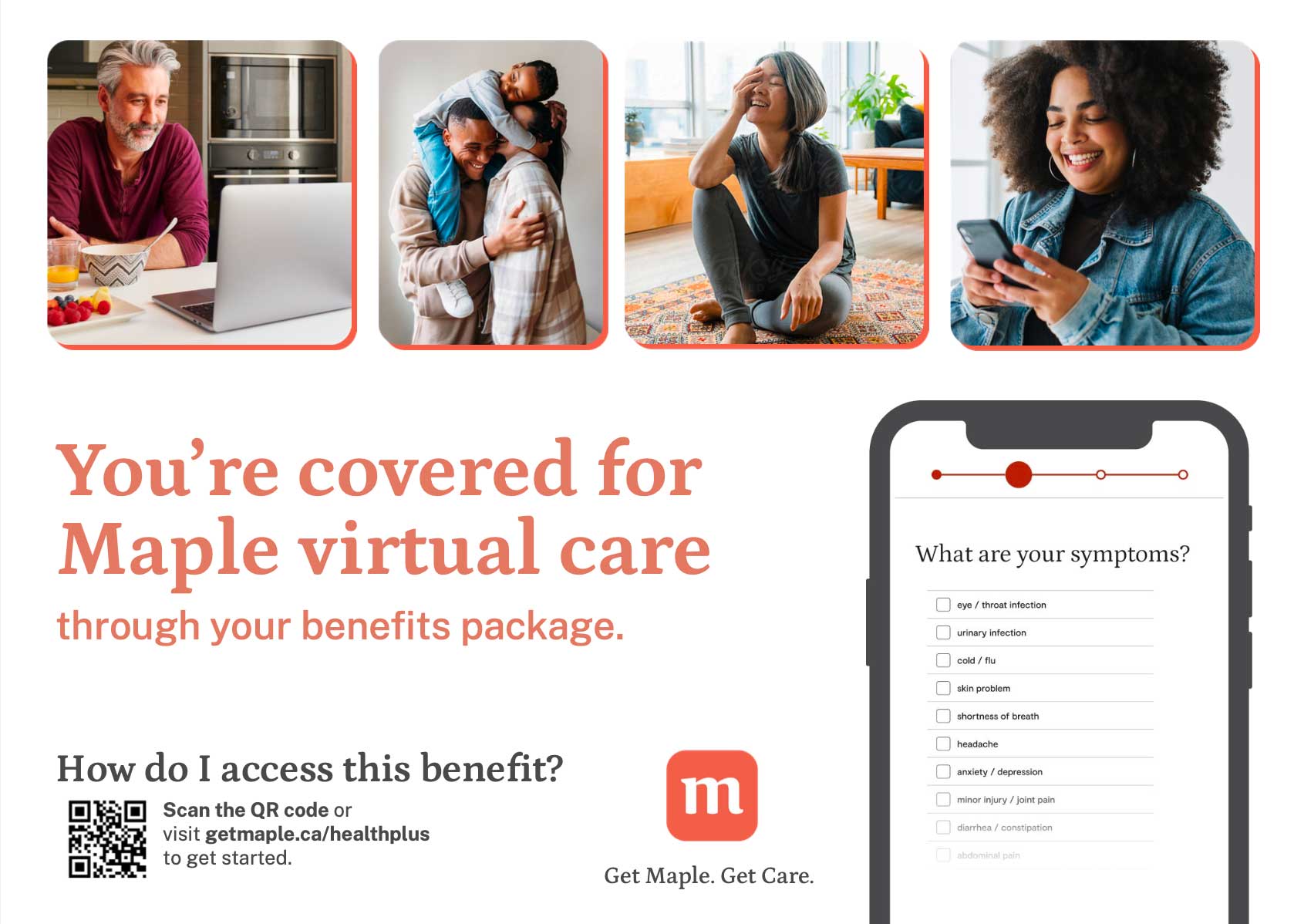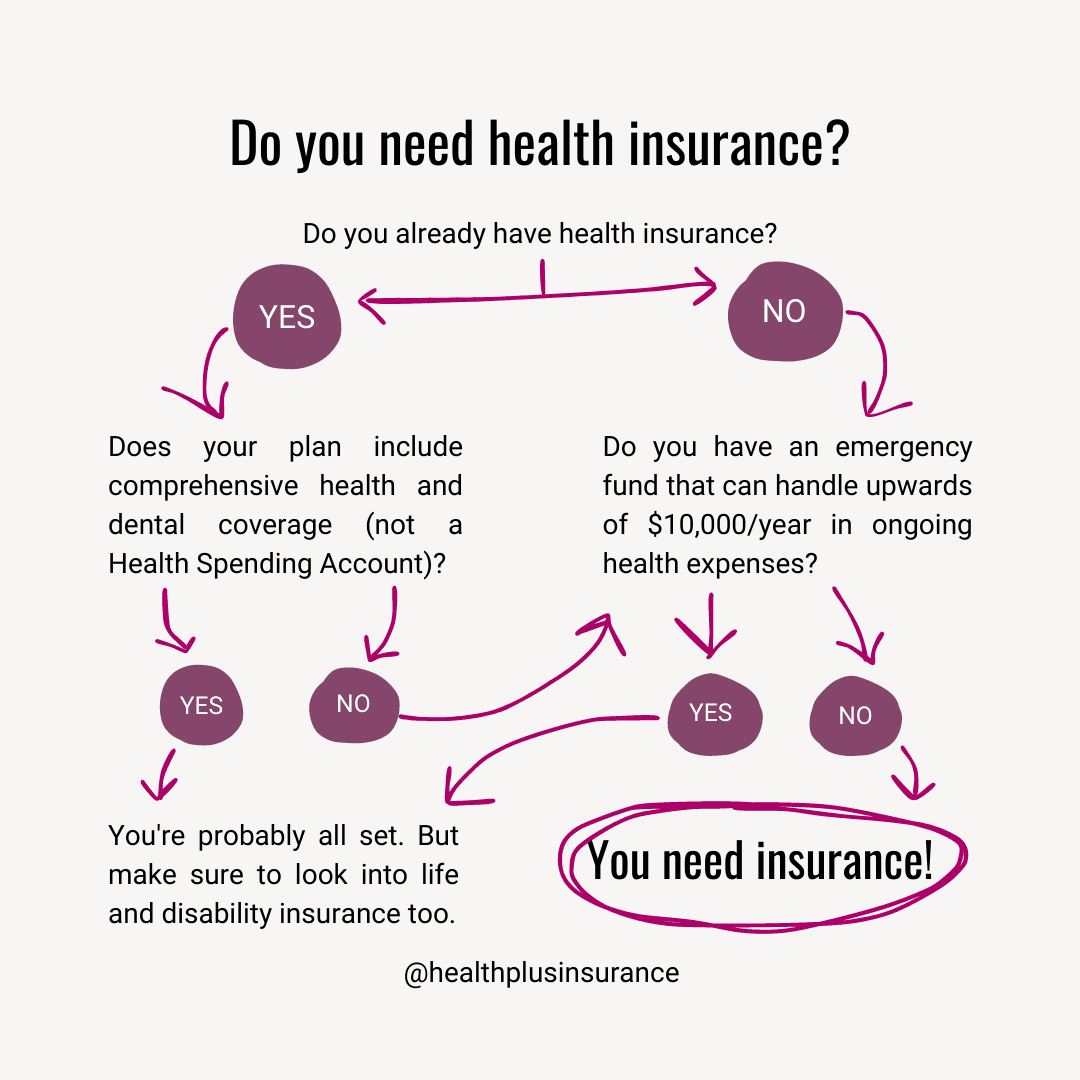
5 Questions to Ask When You Shop for Health Insurance
5 Questions to Ask When You Shop for Health Insurance
Comparing health and dental insurance can be overwhelming. There are a ton of plan options out there, each with different coverage inclusions, limitations, and eligibility requirements. To find the best plan for you, it's important to look beyond the cost, and learn how to evaluate insurance options based on what they offer and your unique needs.
To help you choose the plan that's right for you, here are several questions for your prospective insurer. Before you ask these questions, make sure to ask yourself what matter most to you. What do you want from your coverage? Are you looking for a low-cost plan, extensive coverage for peace of mind, or a plan that will cover a pre-existing condition? In general, plans with better coverage and plans that don't ask medical questions cost more. The best options available to you will depend on your personal health history, needs, and budget.
After you've narrowed the field a little, try to answer these questions to help decide what's best for you.
1. Can I qualify for a better plan?
Guaranteed acceptance plans (plans that don't ask health questions) are easy to apply for, which can make them seem like a good choice if you're strapped for time and just want to get coverage in place. However, if you're healthy, they are almost never the best option, costing more and covering less. Similarly, ultra low-cost options only include very limited coverage and low maximums. This could mean you pay more out-of-pocket in the long run if you need to access heatlhcare not covered by your plan. These plans are better than nothing, but if you're purchasing health insurance to protect against future health expenses, a low-cost, low-coverage option is a big risk. It's a good idea to compare multiple comprehensive plans before deciding on one for the best long-term value.
2. Are there any lifetime limits, per-visit limits, or waiting periods that will affect my coverage?
Different types of limits are common in insurance. To evaluate health coverage properly, make sure you look closely at the details. Are seemingly high maximums limited by low combined maximums? Will low per-visit limits mean you have to pay more out of pocket when you need treatment? Here's a brief overview of some of the limits than can affect your coverage.
Combined Maximums - This is the maximum for multiple services combined. It often applies in addition to the maximums that apply to each individual service, and it's typically lower than the total of the individual maximums. For example, the individual limit might be $500 for each of massage, physio, chiropractor, naturopath, psychologist, etc., while the combined maximum might be $1000.
Per-Visit Limits - In addition to overall maximums, some services may have per-visit limits or a limit for each session of a covered service. This means you will only be reimbursed up to a certain dollar amount for a service, regardless of what you paid. For many plans per-visit limits are lower than the going market rate of a service, which can lead to paying more out-of-pocket.
Lifetime Maximums - In addition to annual maximums, plan may apply a lifetime maximum for a particular service or item. Once the lifetime maximum is reached, the service is no longer covered under your plan.
3. Will my plan have any exclusions?
Most medically underwritten plans (plans that ask health questions) either exclude pre-existing conditions from coverage or charge an additional premium to cover the additional risk. Plans may also exclude certain categories of medication or treatment. Common exclusions include weight loss medications, fertility treatment, and smoking cessation medications. Plans with exclusions may still be the best option for you because they can offer enough additional coverage to provide value. However, it's important to evaluate plans based on what you will actually be eligible for given your health history rather than standard coverage. Exclusions may extend beyond a particular medication to any current and future treatment for the condition or any related health issues. Your advisor will be able to confirm if the plan you're considering will be subject to any exclusions.
4. Will my rates go up?
Once you get a quote for coverage, you'll want to know how long the rates are good for. Just like other products and services, health insurance premiums may go up over time due to increasing healthcare costs and inflation. Some plans also increase rates automatically with age, typically starting at age 45. It's impossible to gauge all future increases. However, you can ask about age-related increases you will face in the future, the amount of the most recent general increase, any rate guarantees, or if there is an already scheduled rate increase coming soon.
5. Will I have access to a personal advisor or claims support?
You want to be confident there is someone to contact if you have any questions about your coverage or how to claim, need to change or cancel coverage, or want additional insurance. Most large insurance companies have extensive support departments to help with any questions or issues, but you are unlikely to have a personal advisor to contact. If you work with a smaller company or independent broker, you may have a dedicated advisor who will handle your requests and can help with all your insurance needs.
You can decide which is most important to you, large 24/7 call centre access, or direct contact with a smaller team of dedicated, expert advisors.
Other factors you may want to consider ...
Insurance is an important decision. Remember, what's right for somebody else may not be what's best for you. It pays to take the time to ask the right questions.















